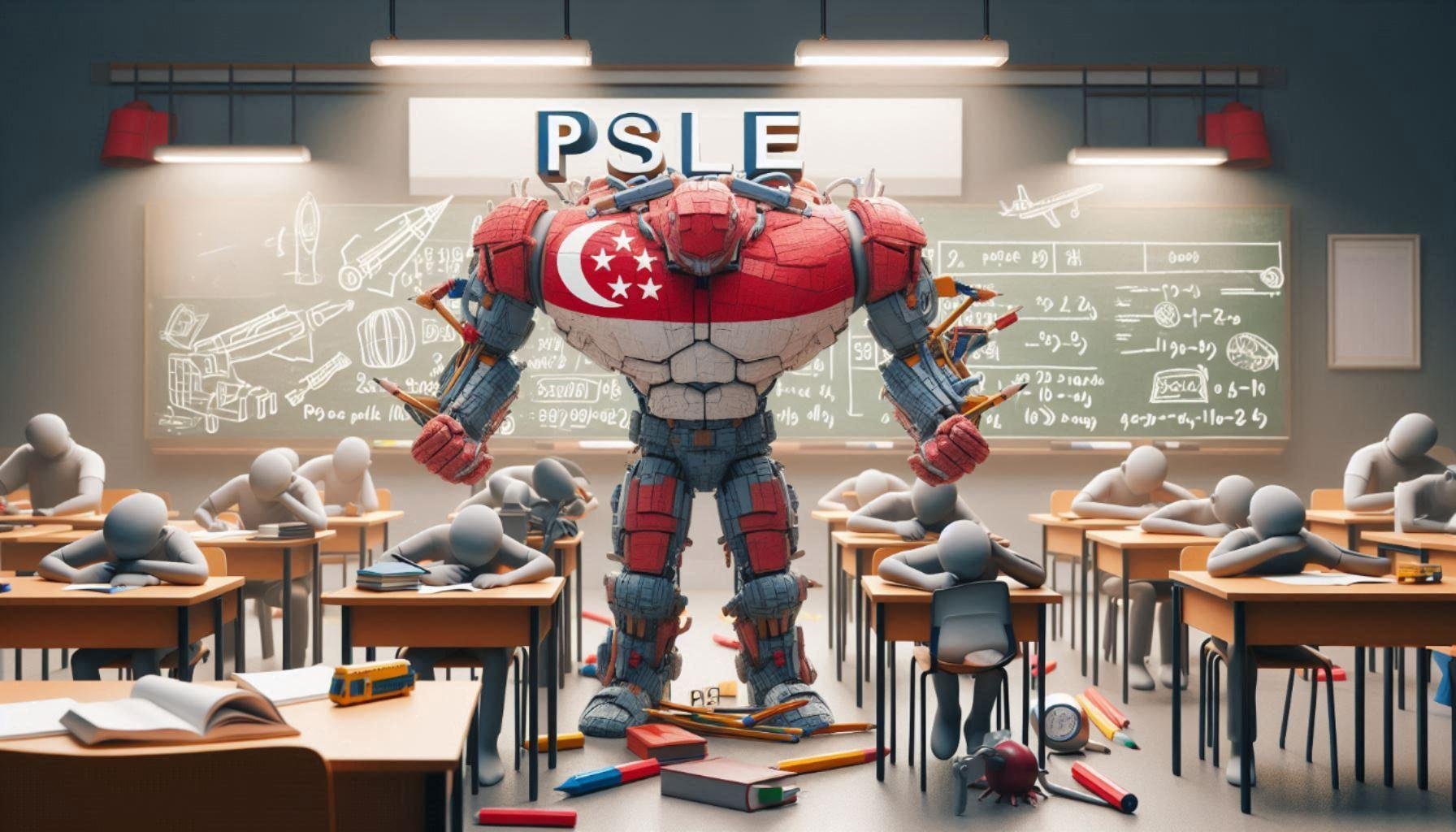Key Challenges of the Singapore PSLE System
The Primary School Leaving Examination (PSLE) is a significant milestone in Singapore’s education system. As the gateway to secondary education, it carries immense weight and can be a source of both excitement and anxiety for students and their families. While the PSLE system aims to assess students’ readiness for secondary school, it faces several key challenges that impact students, parents, and educators alike.
High Pressure and Stress
One of the most prominent challenges of the PSLE is the intense pressure it places on students. The high-stakes nature of the exam can lead to considerable stress and anxiety, affecting students' well-being. The emphasis on achieving high scores often results in long study hours, additional tuition, and a competitive environment, which can take a toll on mental health and overall happiness.
Impact on Childhood Development
The focus on academic excellence can sometimes overshadow other aspects of childhood development. With the PSLE being a major determinant of future academic pathways, students may feel compelled to prioritise their studies over extracurricular activities. This emphasis can limit their opportunities to explore interests such as sports, arts, or music, potentially hindering their holistic development.
Financial Strain on Families
The competitive nature of the PSLE often leads to additional costs for tuition and enrichment classes. Families may feel pressured to invest in supplementary tuition to ensure their children perform well. This financial strain can be significant, particularly for families with multiple children or those from lower-income backgrounds, exacerbating socioeconomic disparities.
Pressure on Educators
Teachers and educators also face considerable pressure within the PSLE system. They are tasked with preparing students for a high-stakes exam while balancing the need to address diverse learning needs and maintain a supportive classroom environment. The focus on exam results can sometimes overshadow broader educational goals, such as fostering a love for learning and encouraging critical thinking.
Narrowing of Curriculum Focus
The PSLE’s emphasis on core subjects like English, Mathematics, and Science can lead to a narrowing of the curriculum. Schools may prioritise these subjects to ensure students perform well on the exam, which can result in reduced time and resources for other important areas of learning, such as social studies, physical education, and the arts.
Long-Term Impact on Students
The outcomes of the PSLE can have long-lasting effects on students' educational journeys and self-esteem. The examination results often determine secondary school placement and, by extension, future academic opportunities. This can create a sense of pressure to perform well, influencing students' confidence and motivation throughout their academic careers.
No Easy Solution
Addressing the challenges of the PSLE system is not straightforward. Reforms and changes must balance various competing interests, including maintaining academic standards, alleviating pressure, and ensuring fairness. While there are ongoing discussions about reducing the emphasis on high-stakes testing and promoting a more holistic approach to education, implementing these changes involves complex considerations. These include reassessing current educational policies, investing in teacher training, and ensuring that reforms do not inadvertently create new issues or inequities. Any solution must be carefully crafted to address the root causes of stress and pressure while preserving the quality of education.
What Can Parents Do?
The reality is that the PSLE system will be here to stay in the foreseeable future. So, the big pragmatic question is, what can we parents do? Parents play a crucial role in navigating the challenges of the PSLE system. Here are some strategies to support their children effectively:
Provide Emotional Support: Encourage a positive mindset and reassure your child that their worth is not solely determined by exam results. Open communication about their feelings can help alleviate stress and build confidence.
Encourage a Balanced Lifestyle: Support your child in maintaining a balanced routine that includes time for relaxation, hobbies, and extracurricular activities. This helps prevent burnout and promotes overall well-being.
Set Realistic Expectations: Avoid placing excessive pressure on your child to achieve specific grades. Focus on their effort and progress rather than solely on outcomes.
Be Involved in Their Learning: Stay engaged with your child's education by understanding their strengths and challenges. Collaborate with teachers to identify areas where additional support may be needed.
Seek External Academic Help: If needed, consider engaging external tuition or enrichment services to provide targeted support in specific areas. Choose reputable and cost-effective options that align with your child’s needs and learning style, while avoiding excessive pressure.
Manage Financial Stress: If additional tuition is necessary, explore affordable options and be mindful of the financial implications. Ensure that any investment in supplementary education is balanced with your family's budget and priorities.
Promote Holistic Development: Encourage your child to explore a range of interests and activities outside of academics. Support their involvement in sports, music, arts, coding or other areas they are passionate about.


